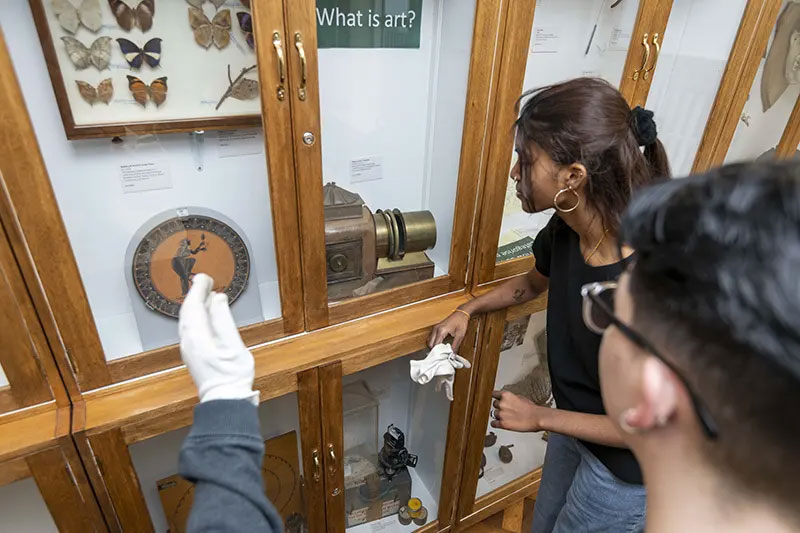This distinctive course offers opportunities to develop the critical and analytical techniques needed to evaluate and evidence the relationship between musical engagement and wellbeing.
You'll gain skills that are directly related to careers in areas including arts therapies, education, community music, music administration, policymaking, and research impact employment or to continue to PhD study. Your understanding of the topic will be expanded and you'll develop the skills needed to conduct independent research while learning to identify the methodological and ethical challenges of researching in real-world settings.
The core Applied Professional Practice module will provide you with opportunities to take a proactive and self-reflective role in your work, developing professional relationships with our partner organisations. Your major project will be a dissertation on an aspect of music and wellbeing of your own choosing, and you can pursue an optional module in another area of music such as music psychology, musicology, performance, or arts management.
Additional highlights
We are one of the largest schools of music in the country, which brings several benefits to our students. Our size enables us to incorporate an impressive range of specialisms within our curriculum, reflecting our ethos that music is music, regardless of genre or style. We attract a diverse body of students from across the UK and internationally, which gives the School a vibrant community and culture. Decolonisation, equality and inclusivity are embedded within our curriculum so all our students can feel a sense of belonging in the School and can thrive on their course no matter what their background and musical experience.

















